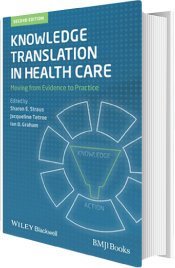Reviewers should discuss the quality, strength, and applicability of the evidence for each main outcome when summarizing the results. The Grading of Recommendations Assessment, Development and Evaluation (GRADE) approach is a framework that can be used to facilitate interpretation of results, and has been endorsed by the Cochrane Collaboration. Qualitative evidence may also help to interpret how the intervention works, determine whether it could work in different settings, identify facilitators and barriers to implementing the intervention, and highlight subjective experience of patients receiving the intervention. Reviewers should consider both study-level and review-level limitations. The Assessment of Multiple SysTemAtic Reviews (AMSTAR) tool can be used to identify limitations in the systematic review process, which should be noted. Finally, reviewers should carefully draw conclusions based on the available evidence.

- Buy the book
- Table of Contents
- Summarized book content
- Introduction to Knowledge Translation
- Knowledge Creation
- Knowledge Synthesis
- The Review Team
- Formulating the Question, Eligibility Criteria, and Protocol
- Finding Relevant Studies
- Selecting Studies for Inclusion
- Assessing Risk of Bias of Included Studies
- Extracting Data from the Individual Studies
- Analyzing the Data
- Presenting the Results of the Review
- Interpreting the Results
- Disseminating the Results of the Review
- Increasing Uptake of Review Results
- Knowledge Translation Tools
- Knowledge Dissemination
- Knowledge Synthesis
- The Action Cycle
- Teaching Resources
- About the Authors
